6 Foods That Are Good for Your Brain
Get the world’s most fascinating discoveries delivered straight to your inbox.
You are now subscribed
Your newsletter sign-up was successful
Want to add more newsletters?

Delivered Daily
Daily Newsletter
Sign up for the latest discoveries, groundbreaking research and fascinating breakthroughs that impact you and the wider world direct to your inbox.

Once a week
Life's Little Mysteries
Feed your curiosity with an exclusive mystery every week, solved with science and delivered direct to your inbox before it's seen anywhere else.

Once a week
How It Works
Sign up to our free science & technology newsletter for your weekly fix of fascinating articles, quick quizzes, amazing images, and more

Delivered daily
Space.com Newsletter
Breaking space news, the latest updates on rocket launches, skywatching events and more!

Once a month
Watch This Space
Sign up to our monthly entertainment newsletter to keep up with all our coverage of the latest sci-fi and space movies, tv shows, games and books.

Once a week
Night Sky This Week
Discover this week's must-see night sky events, moon phases, and stunning astrophotos. Sign up for our skywatching newsletter and explore the universe with us!
Join the club
Get full access to premium articles, exclusive features and a growing list of member rewards.
Intro
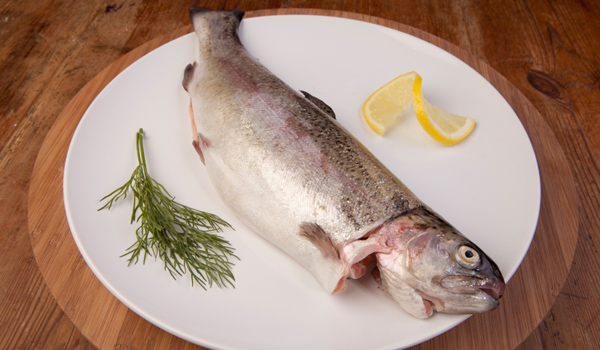
Foods high in compounds such as antioxidants and omega-3 fatty acids can improve brain health and memory, experts say.
From fruit to fish, here are six things that, based on various studies, may perk up your gray matter.
Walnuts
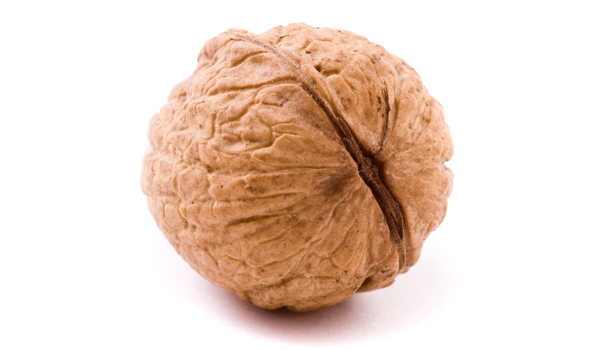
They even look like little brains, so maybe that's Mother Nature's way of telling us what walnuts are good for.
Indeed, a 2009 study in the Journal of Nutrition found that diets in which nuts made up as little as 2 percent reversed signs of aging in the brains of old rats, including the ability of the brain to function and process information.
And a study presented in 2010 at the International Conference on Alzheimer's Disease reported that mice with Alzheimer's demonstrated improved learning, memory and motor coordination after being fed walnuts.
Walnuts contain high amounts of antioxidants, which some researchers say may combat the damage to brain cells' DNA caused by free radicals in our bodies.
Carrots
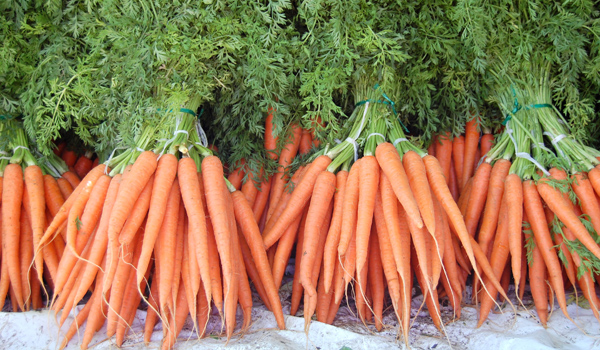
Carrots have long been known to be good for the eyes and it turns out, they're good for the brain, too.
Get the world’s most fascinating discoveries delivered straight to your inbox.
Carrots have high levels of a compound called luteolin , which could reduce age-related memory deficits and inflammation in the brain, according to a study published in 2010 in the journal Nutrition. In the study, mice whose daily diet was supplemented with 20 milligrams of luteolin had reduced inflammation in their brains. The researchers said the compound also restored the mice's memory to the level of younger mice's.
Olive oil, peppers and celery are also high in luteolin.
Berries
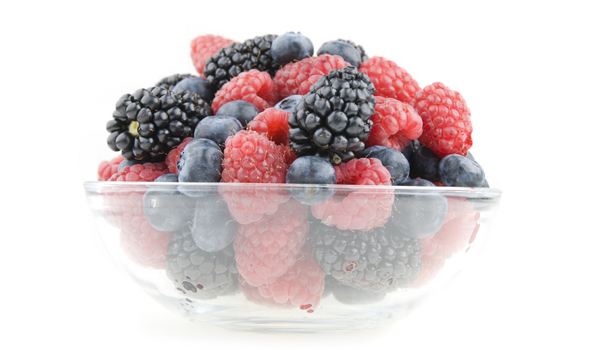
Adding some vitamin-rich berries to your diet may not be a bad idea if you want to improve your memory, according to several studies.
One study, published in 2010 in the Journal of Agricultural and Food Chemistry, found that after 12 weeks of daily supplements of wild blueberry juice, nine older adults who had started to experience slight memory problems showed better learning and recall abilities than a similar group of adults who didn't take the supplements. The blueberry group also showed reduced symptoms of depression.
And in a 2009 report in the Journal of Nutrition, researchers said they examined a group of studies that showed fruits such as blueberries and strawberries, which are high in antioxidants, can decrease a type of stress in cells associated with aging and increase the signaling capabilities in brains. In one of the studies, researchers placed 6-month-old rats on a diet supplemented with blueberry and strawberry extracts (totaling 2 percent of their diet) for nine months. These rats had better spatial and memory skills than rats not given the supplements.
Fish

Although recent research has shown that taking fish oil supplements may not help slow the cognitive decline in people with Alzheimer's disease, other studies have shown that eating fish rich in omega-3 fatty acids could help slow typical cognitive decline that comes with age.
A 2005 study in the journal Archives of Neurology found that people 65 and older who ate two meals of fish a week for six years had a 13 percent decrease in cognitive decline, compared with people who didn't eat any fish regularly. And people who ate one meal of fish a week had a 10 percent decrease in cognitive decline.
Fish high in vitamin B12 may also help protect against Alzheimer's , according to a study published in 2010 in the journal Neurology.
Coffee and tea

Coffee and tea do more than keep you awake in the mornings studies have shown they may prevent Alzheimer's disease and improve cognitive function.
A 2010 study in the Journal of Alzheimer's Disease found that when researchers gave caffeinated coffee to mice genetically engineered to develop Alzheimer's disease, the disease either slowed in progression or never developed. Based on the finding, coffee eventually could serve as a therapeutic treatment for people with Alzheimer's disease, the researchers said.
Tea showed protective effects on the brain, too. Tea drinkers did better on tests on memory and information processing than non-tea drinkers did, according to a 2010 study of 716 Chinese adults 55 and older in the Journal of Nutrition, Health and Aging.
Spinach
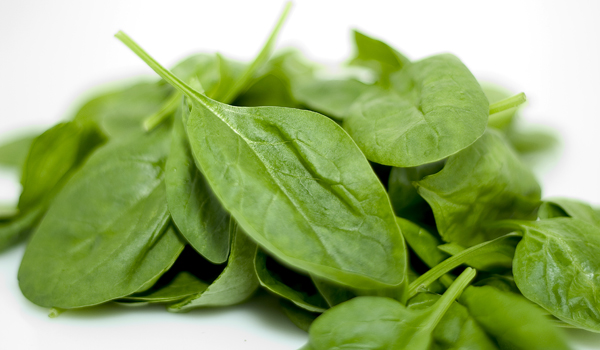
Your mom always told you to eat your spinach, and there's science to back up her advice. The green leafy vegetable is loaded with vitamins C and E, which, studies have shown, help to improve cognitive abilities.
A 2000 study in the Journals of Gerontology showed that rats whose diet was supplemented with vitamin E experienced a 500 to 900 percent increase in brain and nerve tissue over an eight-month period, as well as an increase in the release of dopamine in the brain, the "pleasure" chemical that controls flow of information to different parts of the brain.
And a 2000 study in the journal Brain Research found that aging rats had some of their age-related memory and motor deficits reversed after they were fed diets supplemented with spinach, strawberries or blueberries.
Pass it on: To amp up your brain health and slow cognitive decline, eat your leafy greens, berries, nuts and fish.
Follow MyHealthNewsDaily staff writer Amanda Chan on Twitter @AmandaLChan.
 Live Science Plus
Live Science Plus











